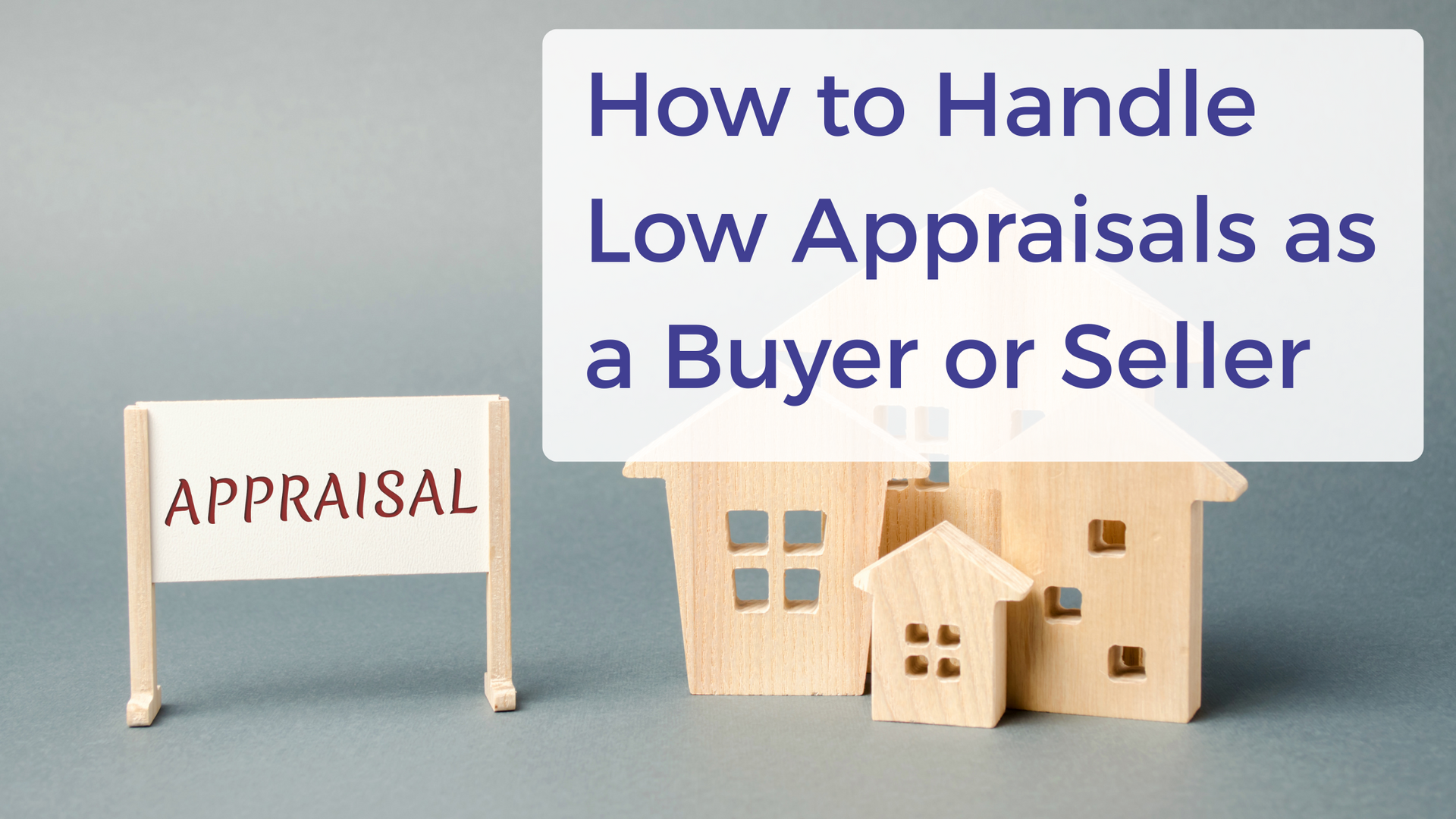Navigating the world of mortgages can feel overwhelming, especially with so many options available. Choosing the right mortgage is crucial, as it can impact your finances for years to come. To help you make an informed decision, let’s explore the most common types of mortgages and understand who they’re best suited for.

1. Conventional Mortgages
What They Are: Conventional mortgages are not backed by any government agency. They are offered by private lenders and typically adhere to guidelines set by Fannie Mae and Freddie Mac, government-sponsored enterprises.
Who They’re For: These mortgages are ideal for borrowers with good credit scores and a stable income. They usually require a down payment of at least 3% to 5%. Conventional mortgages can be a great choice if you have a strong financial background and prefer more flexible terms.
Key Features:
- Flexible term lengths (15, 20, or 30 years)
- Fixed or adjustable interest rates
- Private Mortgage Insurance (PMI) required if the down payment is less than 20%
2. FHA Loans
What They Are: FHA (Federal Housing Administration) loans are backed by the government and are designed to help first-time homebuyers, buyers with lower credit scores, a bankruptcy 2 years out, or buyer’s needing down payment assistance. They offer lower down payment requirements and more lenient credit criteria.
Who They’re For: FHA loans are perfect for individuals with lower credit scores or limited savings for a down payment. They are also a good option for first-time homebuyers who may not have a long credit history.
Key Features:
- Down payment as low as 3.5%
- More flexible credit score requirements
- Mortgage insurance required for the life of the loan if putting less than 10% down
3. VA Loans
What They Are: VA (Veterans Affairs) loans are backed by the U.S. Department of Veterans Affairs and are available to veterans, active-duty service members, and certain members of the National Guard and Reserves.
Who They’re For: VA loans are best for qualified veterans and military personnel. They offer competitive interest rates and often require no down payment, making them an attractive option for those who have served in the military.
Key Features:
- No down payment required
- No Private Mortgage Insurance (PMI) required
- Competitive interest rates
- A Funding fee may apply
4. USDA Loans
What They Are: USDA (United States Department of Agriculture) loans are designed for low-to-moderate income borrowers purchasing homes in rural and suburban areas.
Who They’re For: USDA loans are a great choice for individuals or families looking to buy in eligible rural areas. They are intended to help those with lower incomes achieve homeownership.
Key Features:
- No down payment required
- Low mortgage insurance costs
- Income limits apply
5. Adjustable-Rate Mortgages (ARMs)
What They Are: ARMs have interest rates that can change periodically based on market conditions. They typically start with a lower rate than fixed-rate mortgages but can increase over time.
Who They’re For: ARMs can be a good option if you plan to move or refinance within a few years, as you can benefit from lower initial rates. However, they come with the risk of rising rates over time.
Key Features:
- Lower initial interest rates
- Rates adjust periodically after an initial fixed period
- Potential for payment increases
Which Mortgage is Right for You?
Choosing the right mortgage depends on your financial situation, long-term plans, and eligibility. It’s important to consider your credit score, down payment capability, and future plans when deciding which mortgage type aligns with your needs.
Ready to find out which mortgage type suits you best?
Contact me today to discuss your options and get personalized advice tailored to your financial goals. Let’s work together to find the perfect mortgage solution for you!


